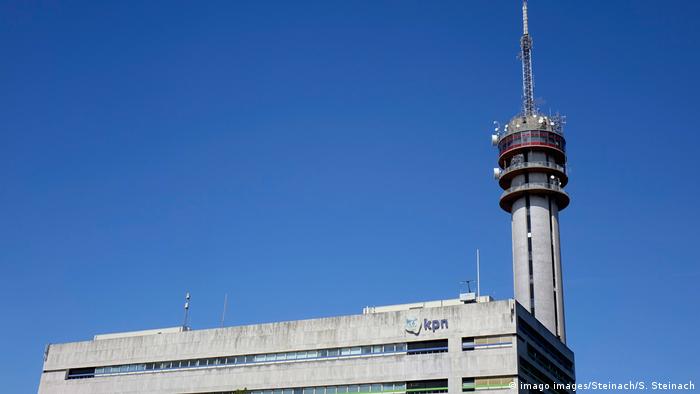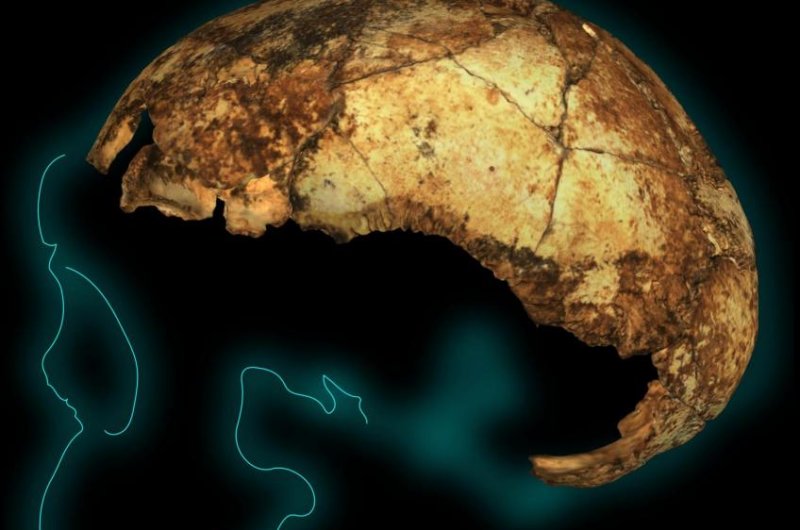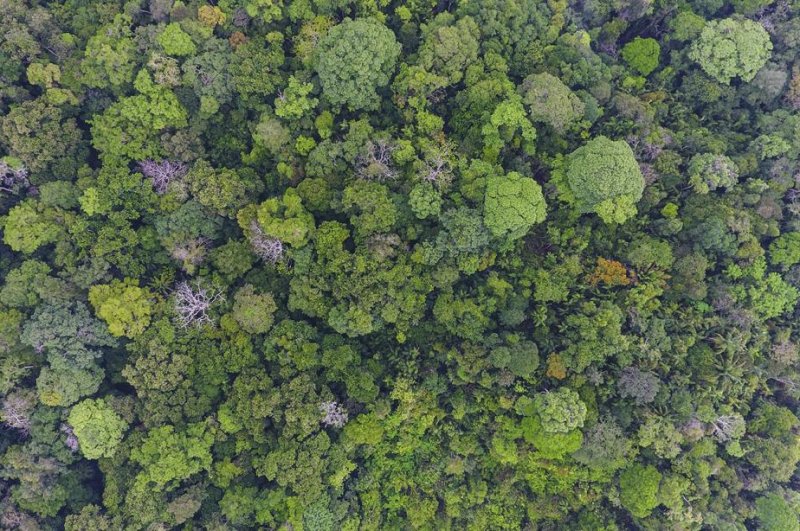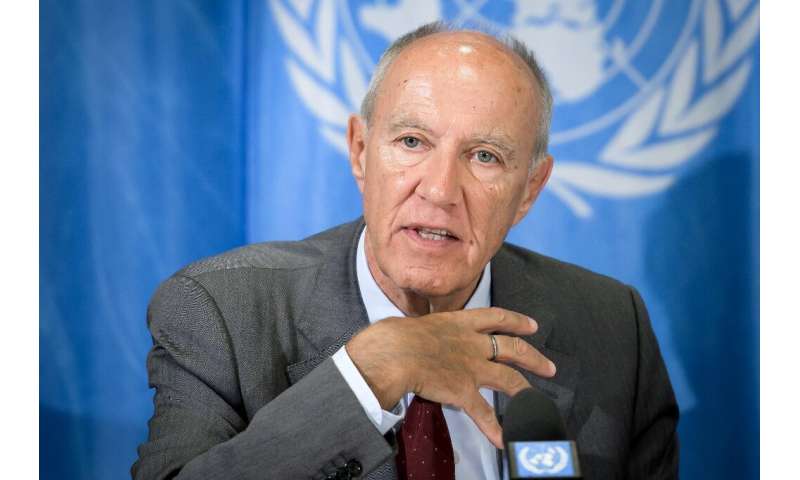German arms sale approvals jump slightly in first quarter of 2020
The first-quarter increase comes on the heels of a record annual German arms sales in 2019. Sales to third world countries nearly tripled, including to countries involved in the Yemeni Civil War.

German arms sale approvals increased slightly in the first quarter of 2020 compared to the same period last year, the nation's Economy Ministry said on Thursday.
The ministry, responding to a formal question by the Left Party (die Linke), said the government approved arms exports worth €1.16 billion ($1.27 billion) in the first three months of 2020, a €43.5 million increase from the same period in 2019.
Government-approved arms sales hit a record high in 2019, totaling €7.95 billion. Sales had declined the previous three years after a previous record of €7.86 billion in exports in 2015.
The Left Party, probably the most critical of Germany's arms export policies, condemned the increase in arms sales amid the coronavirus pandemic.
"While the UN is calling for a global ceasefire to fight the coronavirus pandemic, the German government continues to pour oil on the fire with its war weapons in crisis areas," die Linke's disarmament specialist Sevim Dagdelen said in response to the figures. "We need an immediate halt to arms exports and convert the defense industry to make civilian goods such as medical equipment. It is time to produce for life instead of death."

CHINESE SOLDIERS TRAIN FOR EPIDEMIC IN BAVARIA
Special delivery
This Chinese armored medical evacuation vehicle arrived by ship at the port in Hamburg, before being shipped to southern Germany and the Bavarian town of Feldkirchen. A total of 92 Chinese and 120 German soldiers are taking part in the Combined Aid 2019 exercise, along with 120 men and women in supporting roles.
Controversial sale to Egypt
Though sales to EU and NATO countries declined slightly, sales to non-NATO and non-EU members nearly tripled from €134 million in the first quarter of 2019 to €360 million in the first three months of 2020.
The Economy Ministry said the increase was due to a deal struck with Egypt involving a frigate and a submarine. At €290 million in sales, Egypt's nominally civilian government led by the former head of the army was by far the largest arms buyer from Germany in the first quarter of this year.
The deal with the African nation was finalized despite Germany affirming in 2018 that it would not sell weapons to parties involved in the conflict in Yemen, a conflict that has killed over 100,000 people. This resolution followed sharp criticism of a series of high-profile sales to Saudi Arabia, which is leading the international coalition attacking Yemen's Houthi rebels.
Egypt recently dispatched warships to assist with a Saudi-led naval blockade of Yemen.
Since early 2019, German arms manufacturers have sold over €1 billion worth of weapons to Egypt, the United Arab Emirates (UAE) and other countries part of the Saudi-backed coalition in Yemen.
Dagdelen told DW earlier this month that Germany's pledge to not provide arms to countries involved in the conflict in Yemen was "nothing but hot air."
"The UAE and Saudi Arabia are to blame for the biggest humanitarian catastrophe of our times," she said. She has called for Germany to halt exports to the UAE immediately.












